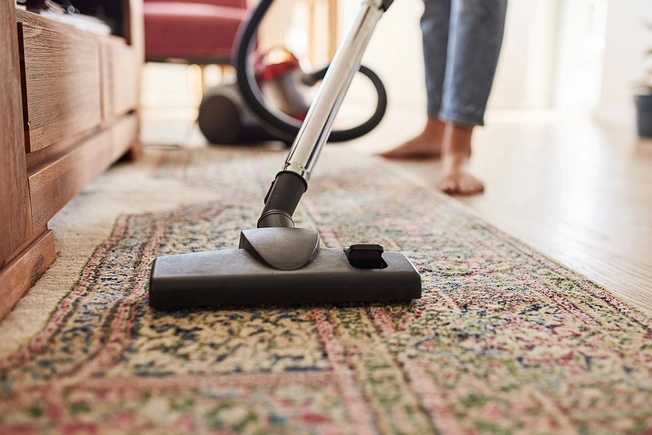- Overview
- Alcohol Use Disorder
- Opioid Use Disorder
- Cannabis Use Disorder
- Prescription Drug Abuse
- Other Abused Substances
- Non-Substance Addictions
- View Full Guide
10 Things to Do If You’re Worried About a Loved One’s Alcoholism


Take Steps Now if You Suspect Your Loved One Has a Drinking Problem
About 25% of Americans engage in at least one episode of heavy drinking every month, and 14.5 million Americans have an alcohol use disorder (AUD). If you suspect that your loved one has a drinking problem, consider the following 10 things you can do to make a difference in the situation.

Learn More About Heavy Drinking and Alcoholism
Alcoholism looks different for different people. It's time to talk to your loved one if:
- The amount and frequency of their drinking worries you
- They can't seem to stop drinking
- They don't enjoy social activities without alcohol
- They act violent or scary when under the influence of alcohol

Prepare To Talk To Your Loved One
Talking to your loved one about alcohol abuse or addiction is never an easy task. If you’re having trouble thinking of what to say, consider writing down your thoughts or asking a doctor or counselor for help phrasing your words in a way that will be the most effective.

Understand Their Defensiveness
Your loved one might seem defensive, embarrassed, or even angry when you mention substance abuse. It's reasonable for you to have your own feelings about the situation, but it's important to remain calm during this confrontation. Try to approach the situation with love and empathy rather than blame and accusations.

Ask Family and Close Friends for Help
Alcoholism isn’t just a personal problem. Your loved one may not realize that alcohol abuse can negatively affect their entire family, a friend group, or a long-term relationship. If your loved one seems especially resistant to the idea of quitting drinking, ask those close to them to speak about their experiences as well.

Understand Withdrawal Symptoms
Even if your loved one quits drinking, their alcohol-related problems will not disappear overnight. They may experience a withdrawal period with symptoms including:
- Nausea
- Cold sweats
- Mood swings
If your loved one has abruptly stopped drinking after years of alcohol abuse, talk with your doctor about the best way to manage these symptoms.

Refuse to Enable Their Heavy Drinking
Your loved one may make all sorts of excuses for problem drinking and bad behavior. You may make excuses, too, and you may engage in enabling behaviors such as:
- Denying how bad the drinking is
- Assuming responsibility for your loved one's chores and missed appointments
- Blaming their behavior on external factors like work or stress
Resist the urge to single handedly fix your loved one's life and encourage them to get help instead.

Seek Counseling
People who struggle with alcohol abuse may wish to seek out cognitive-behavioral therapy (CBT), which helps them manage their triggers and understand their alcoholism. Your loved one may want to pair CBT with a 12-step program if they find the steps helpful.

Recommend Support Groups
You’ve probably heard of Alcoholics Anonymous (AA), which is one of the most well-known 12-step programs for alcohol recovery. There are many other effective programs as well. Encourage your loved one to attend a reputable support group, counseling session, or treatment program for people who are recovering from alcohol abuse.

Make a Plan
If your loved one is willing to quit drinking, you can help them develop a realistic plan that focuses on becoming sober. The plan should also include a way to monitor for withdrawal symptoms, which can be dangerous for the patients. Break down goals into weeks, months, and even years.
Goals for the next week may include decreasing the amount drunk each day or quitting completely. Goals for the next month may involve setting up a doctor's appointment to check on your loved one's overall health and trying out a few support groups in the area. Goals for the next year may include finding a hobby that does not include alcohol, becoming more physically fit, or attaining certain sobriety milestones.

Address Your Own Needs
You cannot control your loved one’s choices. Ultimately, their decision to quit drinking is not up to you. Focus on meeting your own needs first, but offer emotional support if your loved one is receptive. Engage in activities together that don't involve drinking, work on mutual goals such as saving for a home or a vacation, and do your best to think of the future in a positive light. Seek out counseling or a support group for yourself, and strive to make your own life the healthiest it can be.